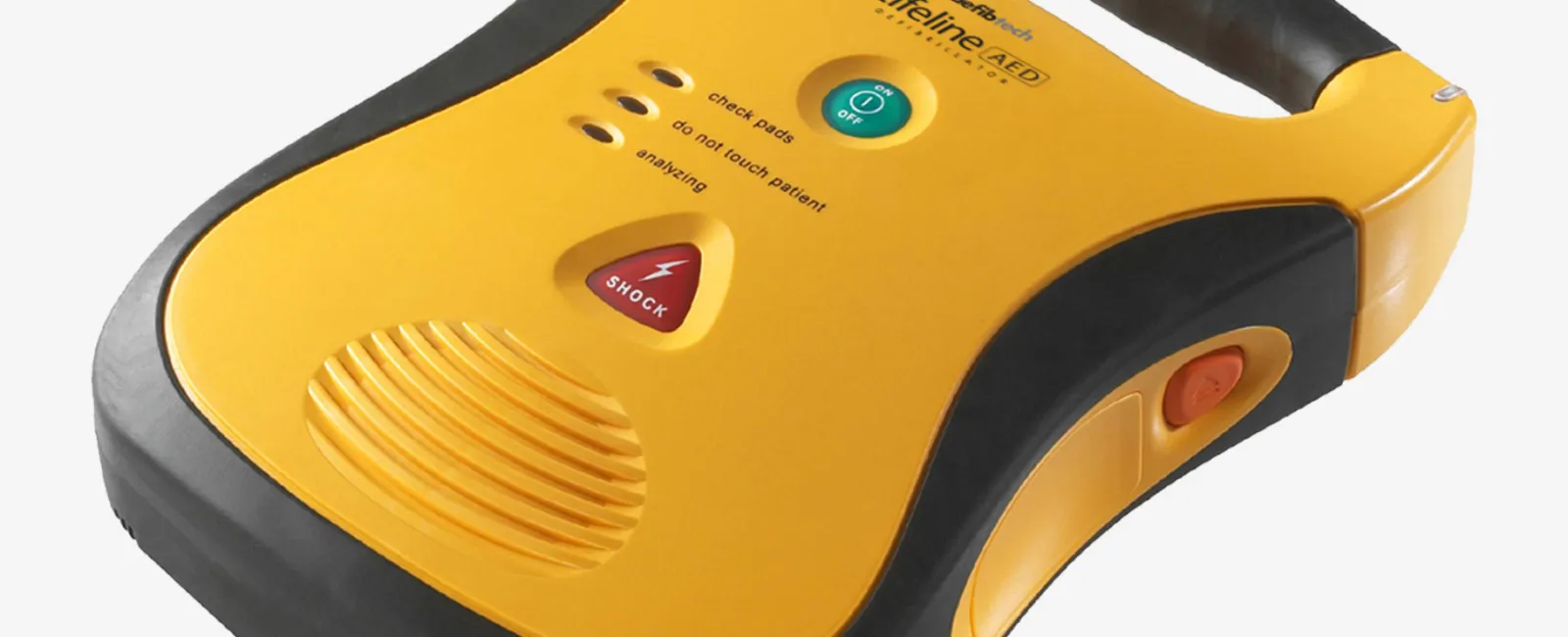Traditionally found in healthcare settings and public spaces, the question now arises: should plumbing and HVAC companies also consider investing in AEDs? At AED Safety, we believe the answer is a definitive yes, and here's why.
The Importance of AEDs
Sudden Cardiac Arrest (SCA) can strike anyone, anywhere, and at any time. It is a condition where the heart suddenly and unexpectedly stops beating, cutting off blood flow to the brain and other vital organs. Without immediate treatment, SCA can lead to death within minutes. AEDs are life-saving devices designed to analyze the heart's rhythm and, if necessary, deliver an electrical shock to help restore a normal heart rhythm.
High-Risk Environments
Plumbers in Kennesaw and HVAC technicians in Woodstock often work in environments that can be physically demanding and stressful. They may encounter extreme temperatures, confined spaces, and physically strenuous tasks. These conditions can increase the risk of cardiac events, even in individuals who may not have a history of heart problems.
For instance, plumbers often deal with heavy lifting, working in awkward positions, and exposure to hazardous materials. HVAC technicians may work on rooftops, in attics, or other high-temperature environments that can put additional strain on the heart. In such scenarios, having an AED on hand could mean the difference between life and death.
On-the-Go Safety
One of the unique aspects of plumbing and HVAC work is that technicians are often on the move, traveling from one job site to another. This mobility means that the likelihood of encountering someone in cardiac distress—whether a coworker, client, or passerby—can be quite high. An AED in the company vehicle ensures that help is always nearby, regardless of the location.
Enhancing Workplace Safety Culture
Investing in AEDs demonstrates a company's commitment to the safety and well-being of its employees and clients. It enhances the overall safety culture within the organization and can be a significant morale booster. Employees who feel that their employer prioritizes their health and safety are likely to be more engaged and loyal.
Compliance and Liability
In some regions, regulations may require certain types of businesses to have AEDs on-site. Even if not legally mandated, having an AED can protect a company from potential liability. If a cardiac emergency occurs and an AED is not available, the company could face legal repercussions. Conversely, having an AED and trained personnel can demonstrate due diligence and a proactive approach to health and safety.
Cost-Effective Investment
The cost of AEDs has decreased over the years, making them a more affordable safety tool for businesses of all sizes. Considering the potential to save a life, the investment in an AED is minimal compared to the potential cost of a lost life or a lawsuit. Moreover, many insurance companies offer discounts or incentives for businesses that equip their premises with AEDs, further offsetting the initial cost.
Training and Preparedness
While having an AED is crucial, ensuring that employees are trained to use it is equally important. At AED Safety, we offer comprehensive training programs to ensure that your team is prepared to respond effectively in an emergency. Our training covers not only the operation of the AED but also basic CPR techniques and emergency response protocols.
Conclusion
For plumbers and HVAC companies, the decision to invest in AEDs should be clear. These devices provide an essential layer of safety for employees and clients alike. By being prepared for cardiac emergencies, companies can protect lives, enhance their safety culture, comply with regulations, and potentially reduce liability.
At AED Safety, we are committed to helping businesses create safer work environments. Contact us today to learn more about our range of AEDs and training programs. Together, we can make a difference in the moments that matter most.

